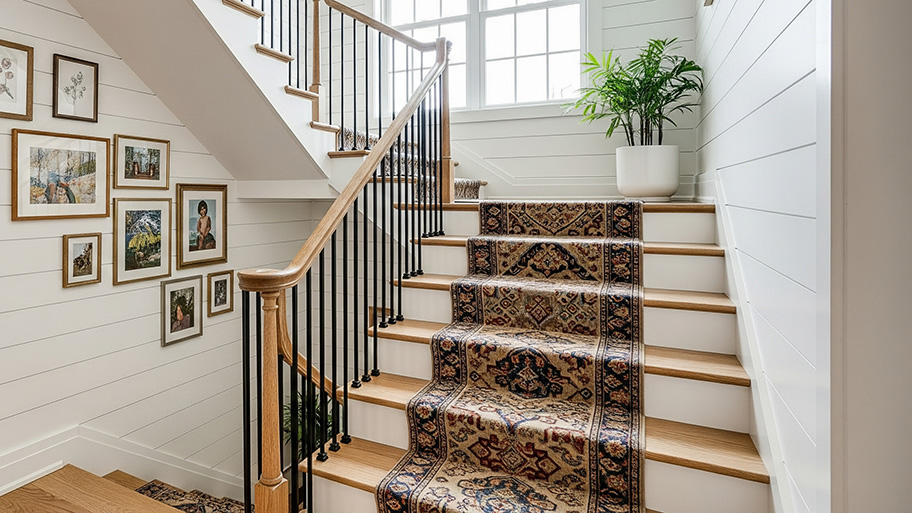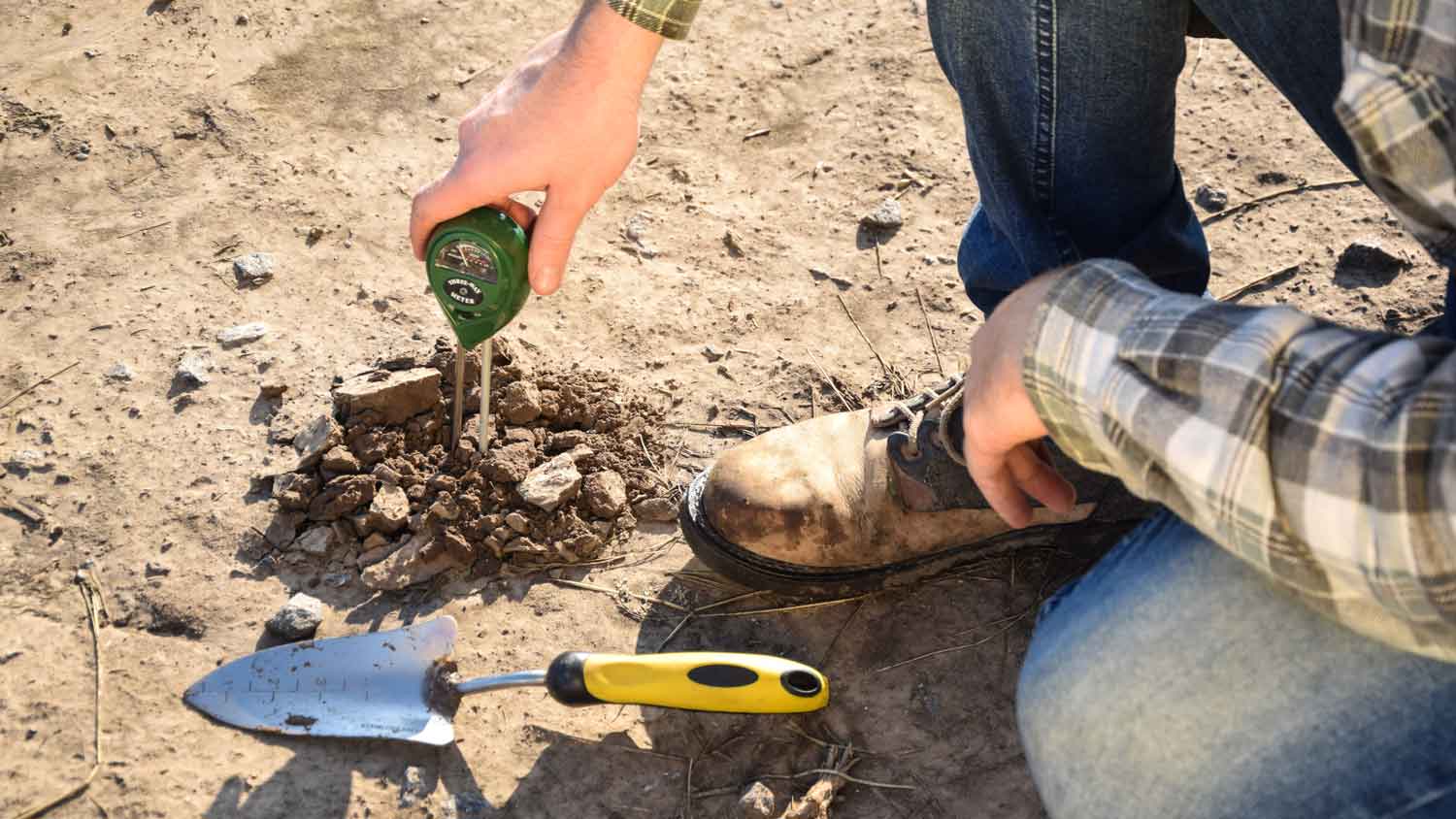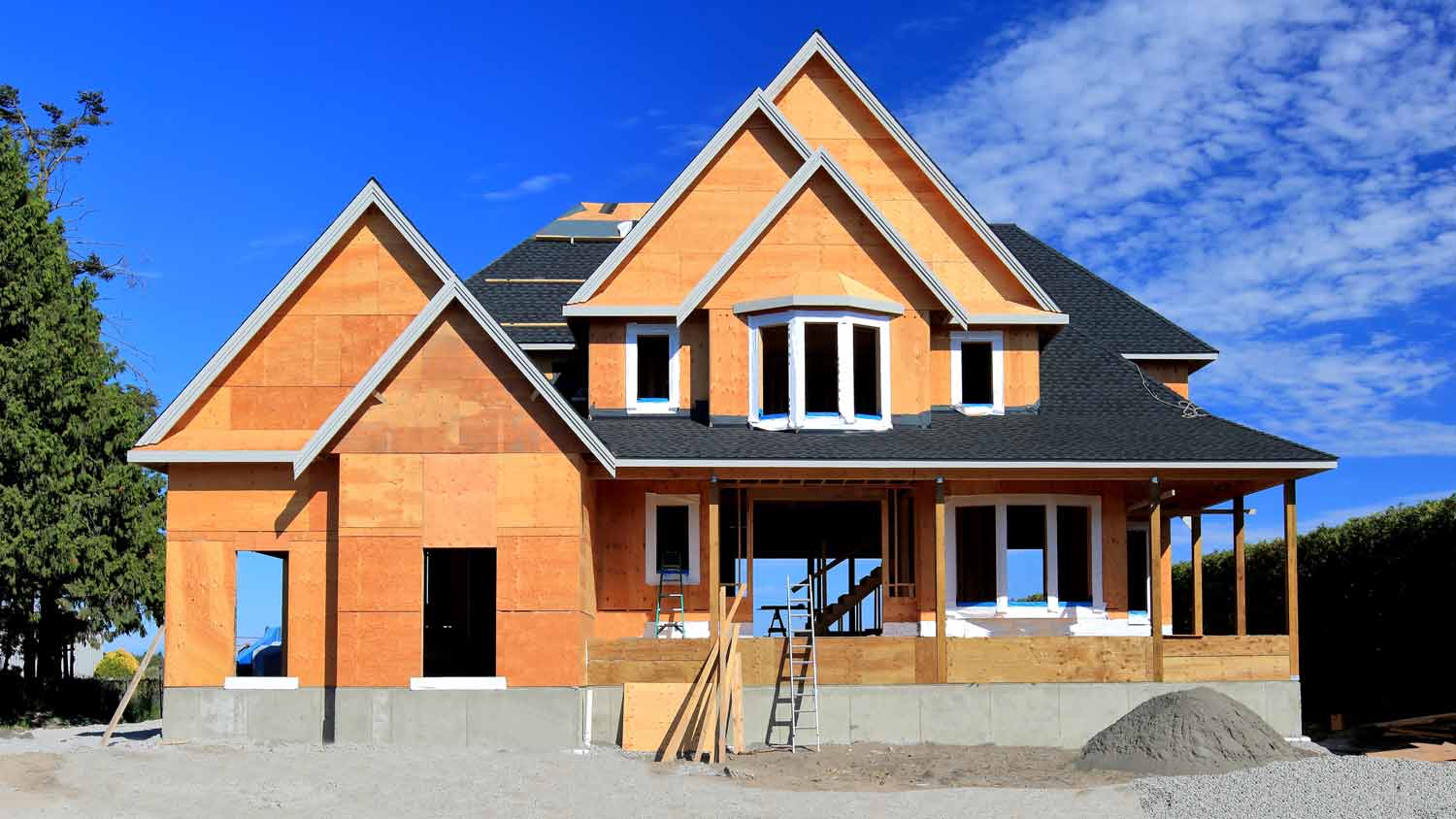
Discover stair repair cost estimates, including average prices, key cost factors, and tips to help you budget for your stair repair project.
A local soil tester is your best bet if you need a perc test


Anyone can do a perc test, including DIYers, but most municipalities require that a licensed professional carry out the test in order for the results to be official. A DIY test or a test done by a professional that isn’t approved by your local municipality won’t be enough. You’ll have to pay for another test completed by an approved expert. We’ll discuss general requirements below, but note that these can vary based on your local government.
There are a few key benefits to hiring a professional soil tester to complete your perc test:
They’re familiar with the local process: A local soil tester will dedicate all of their time and energy to soil tests, including perc tests, so they’re the most likely to understand local regulations and requirements, which could save you time and money. They’ll also likely know the best time to do a perc test in your area to have the highest chance of passing.
They’re almost always an approved professional: Municipalities can have different professionals approved for perc tests, but just about all of them will accept results from a licensed soil tester. The only exception would be if your county, town, or village requires that a government official complete the test.
They’ll likely cost less: Soil testers have more specialized expertise than other pros when it comes to perc tests, so you’ll often see lower costs for your test, as well as a lower risk of having to repeat the test and pay again due to a mistake.
They may be able to recommend pros to help if your soil fails a perc test: If your soil fails a perc test, soil testers are more likely than other professionals to have a network of experts who can help make changes to your property to pass another test in the future.
In some municipalities, septic system installers or designers may be approved to perform perc tests because these tests are most commonly a requirement to get approval for a new septic system or repairs to an existing one. However, some local governments may not have these pros on their approved vendor lists, especially if they believe it creates a conflict of interest. In those cases, they can likely complete soil testing but not perc testing.

The process of performing a soil test is relatively simple. A soil tester will likely follow the steps below:
Determine the depth: First, your soil tester will review local regulations and soil layers on your property to figure out how deep the soil is where the perc test needs to occur.
Dig test holes: Next, the professional will dig holes or trenches in line with local regulations for testing and then dig a small hole at the bottom of the larger one for testing.
Saturate the soil: They’ll then saturate the soil in the smaller hole with water.
Fill the holes with water: Once the soil is saturated, your pro will fill the small hole with water up to a specific level on a ruler or tape measure and mark down the time and the level of the water.
Time how long drainage takes: Finally, they’ll wait however long it takes for the water to drain. Each municipality has specific requirements for the rate.
A perc test costs an average of $1,300, and prices can range from $300 up to $3,000, depending on the number of holes your professional needs to dig, the size of the holes, how accessible your property is, and more.
You can easily follow the steps above to do a DIY perc test, but the results won’t mean anything because local permitting bodies require that specific professionals carry out the test in order for the results to be official. To avoid wasting time and money, hire a soil tester near you to ensure your results are accepted by your building department or health department and that you can move on with your building project.
From average costs to expert advice, get all the answers you need to get your job done.

Discover stair repair cost estimates, including average prices, key cost factors, and tips to help you budget for your stair repair project.

Winterizing a house depends on its type, size, location, and more. Our guide breaks down how much it costs to winterize a home.

Brick walls can add character and elegance to interior and exterior spaces. Use this brick wall cost guide to see the price range for adding one to your home.

Knowing what to expect from your contractor during a home improvement project is essential. This guide explains how to pay contractors in several ways.

Bonded vs. insured contractors: Learn the difference and which to hire for your home improvement project. Protect yourself and your home by hiring smart.

What is included in framing a house? This process involves framing the floors, walls, and roof. Contractors must follow a detailed building plan for success.